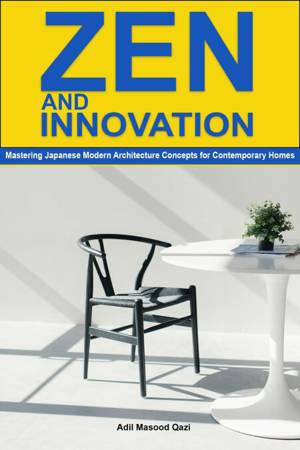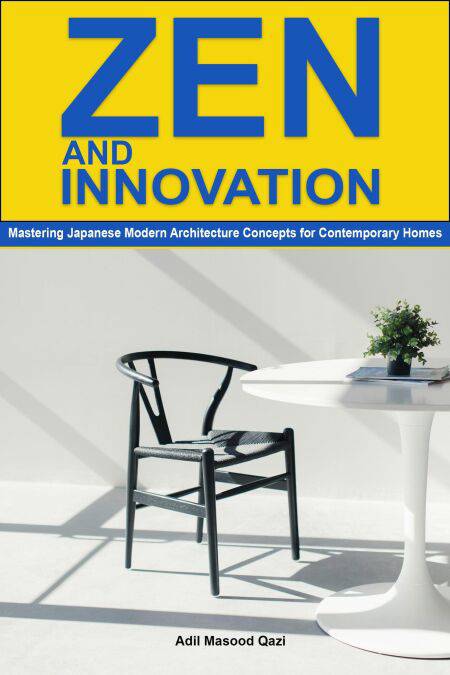
- Retrait gratuit dans votre magasin Club
- 7.000.000 titres dans notre catalogue
- Payer en toute sécurité
- Toujours un magasin près de chez vous
- Retrait gratuit dans votre magasin Club
- 7.000.0000 titres dans notre catalogue
- Payer en toute sécurité
- Toujours un magasin près de chez vous
Zen and Innovation: Mastering Japanese Modern Architecture Concepts for Contemporary Homes EBOOK
Adil Masood QaziDescription
"Zen and Innovation: Mastering Japanese Modern Architecture Concepts for Contemporary Homes" discusses how modern design advancements and traditional Japanese architectural principles can be combined to produce useful, harmonious, and simple modern homes.
The book explores how natural materials, minimalism, and spatial fluidity create contemporary Japanese-inspired living environments, drawing inspiration from Zen philosophy.
The Wabi-Sabi aesthetic, which values authenticity, impermanence, and imperfection, is a central theme.
The use of unprocessed, organic materials like wood, stone, and paper, along with asymmetry and handcrafted accents that give spaces character and warmth, all represent this idea.
The book also emphasizes fusuma sliding doors, tatami mats, and shoji screens as traditional elements that have been updated for contemporary living to provide flexibility in space use.
Another important issue is the function of nature and biophilic design. The smooth transition between indoor and outdoor spaces created by large windows, open courtyards, and interior gardens encourages peace and a close relationship with the natural world.
Open floor designs, modular design, and creative storage options all highlight functionality and efficiency. The impact of modern technology is also examined, focusing on energy-efficient solutions, smart home automation, and sustainable materials that complement the Japanese values of resource care and balance.
For architects, designers, and homeowners wishing to apply Japanese modernist ideas to their modern homes, this book is a useful resource. It provides guidance on how to design areas that respect the ageless Zen principles of harmony, simplicity, and mindfulness while also being visually beautiful and functionally effective.
Spécifications
Parties prenantes
- Auteur(s) :
- Editeur:
Contenu
- Langue:
- Anglais
Caractéristiques
- EAN:
- 9798230834540
- Date de parution :
- 15-02-25
- Format:
- Ebook
- Protection digitale:
- Adobe DRM
- Format numérique:
- ePub

Les avis
Nous publions uniquement les avis qui respectent les conditions requises. Consultez nos conditions pour les avis.






